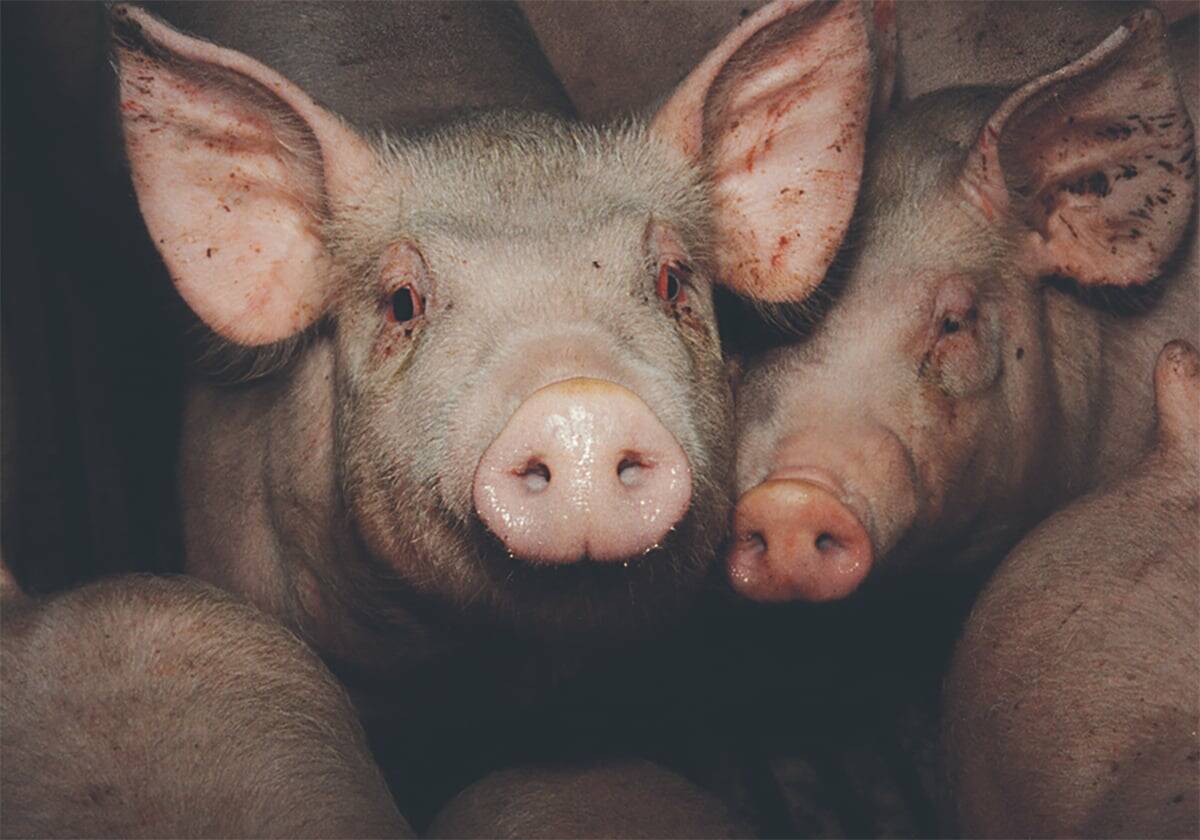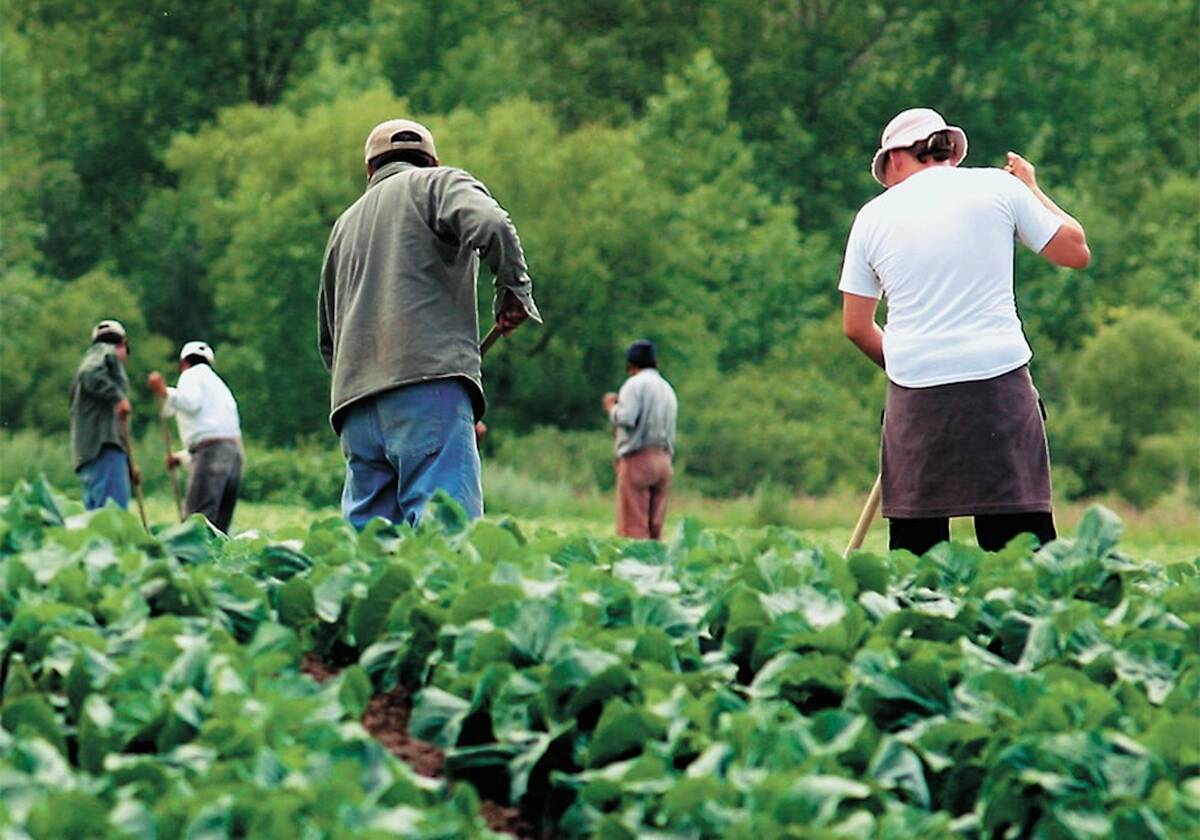The federal Strong Borders Act (Bill C-2) might make life more precarious for temporary foreign workers, the National Farmers Union argues.
“(We think) Bill C-2 creates even greater volatility and makes them even more vulnerable,” said NFU policy analyst James Hannay in an interview.
The union, in an August op-ed, urged the federal government to withdraw the bill, citing concerns for migrants and refugees, along with potential impact on privacy rights.
Read Also

Scientists discover cause of pig ear necrosis
After years of research, a University of Saskatchewan research team has discovered new information about pig ear necrosis and how to control it.
The Liberal government introduced the bill in late May. It passed its first reading before Parliament rose for the summer.
Temporary foreign workers are not directly referenced in the document.
The bill, if passed, includes provisions the federal government says will combat organized crime and fentanyl trafficking, expand the RCMP’s ability to share information with domestic and international partners and will introduce measures to combat money laundering.
It also would authorize Immigration, Refugees and Citizenship Canada (IRCC) to share more client information with federal and provincial partners. It would allow the government to cancel, suspend or change groups of immigration documents immediately, pause acceptance of new applications or pause or cancel applications already in the queue.
“These new authorities… could be used for matters of public health or national security,” a government backgrounder says.
Other amendments in the bill include intentions to set a one-year deadline to claim asylum.
Bill C-2 effects uncertain
If passed, the government would have the ability to cancel or modify work permits or impose new conditions on them.
“We don’t understand yet how this will impact temporary farm worker program. We would like some explanation on that,” Hannay said. “Theoretically, this could make migrant workers coming into Canada more vulnerable to changes in status.”
Many workers come to Canada with employer-specific work permits, Hannay said. This means they could lose their status if they leave their employer due to poor working conditions or treatment.
The NFU has argued for temporary foreign workers to be give paths to permanent residency.
“Bill C-2 does the opposite of that,” Hannay said.
Temporary foreign workers and workers under the Seasonal Agricultural Worker Program have some ability to move between employers, the Ontario Fruit and Vegetable Growers Association noted in an August 2024 article.
For instance, vulnerable workers who are victims of abuse can apply for an open work permit.
Seasonal workers can also request to be transferred to a different approved employer by their country’s liaison office without having to apply for a new work permit, the association said. Federal rules also provide protections for workers who report poor working conditions.
Labour trafficking concerns
Groups that work with migrants and refugees have also pushed back against Bill C-2.
“Having temporary or precarious immigration status is by far the greatest risk factor to experiencing labour trafficking in Canada,” said Julia Drydyk, executive director of the Canadian Centre to End Human Trafficking, in a June article about the bill.
Labour trafficking is defined as a form of human trafficking that involves coercion, control or deception, the article said. “It most often affects migrants who are in Canada legally but have precarious immigration status — including many temporary foreign workers.”
For instance, the worker might arrive at the workplace and realize the promises the employer made aren’t being fulfilled, but they are kept there by threats of deportation, James McLean, the centre’s director of research and policy, in an interview.
“The majority of farmers treat workers fairly,” he said. “But there are systemic issues that create vulnerabilities… employer-specific work permits make it very difficult for workers to report abuse or to leave unsafe conditions, and that allows exploitation to take root.”
















